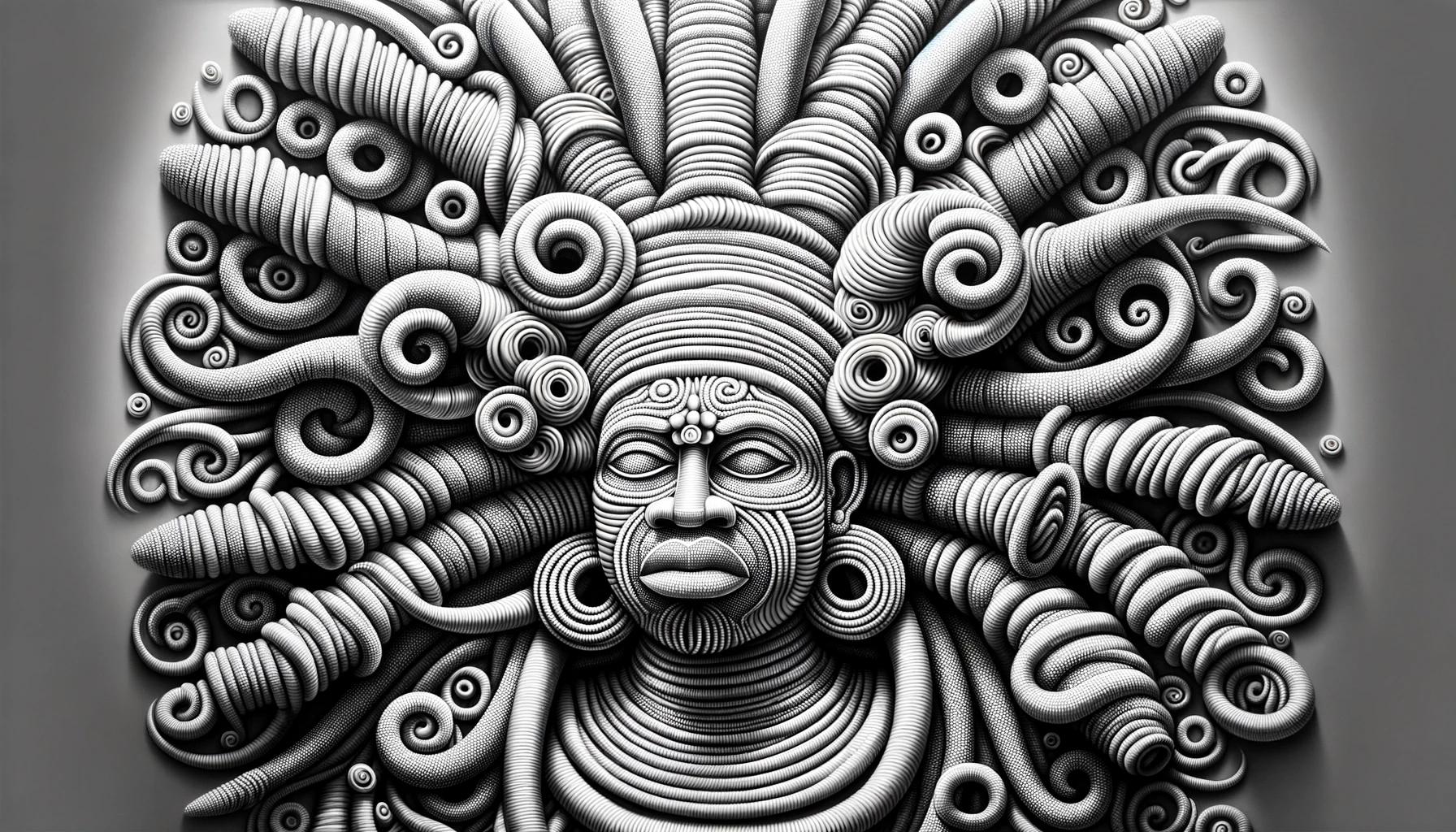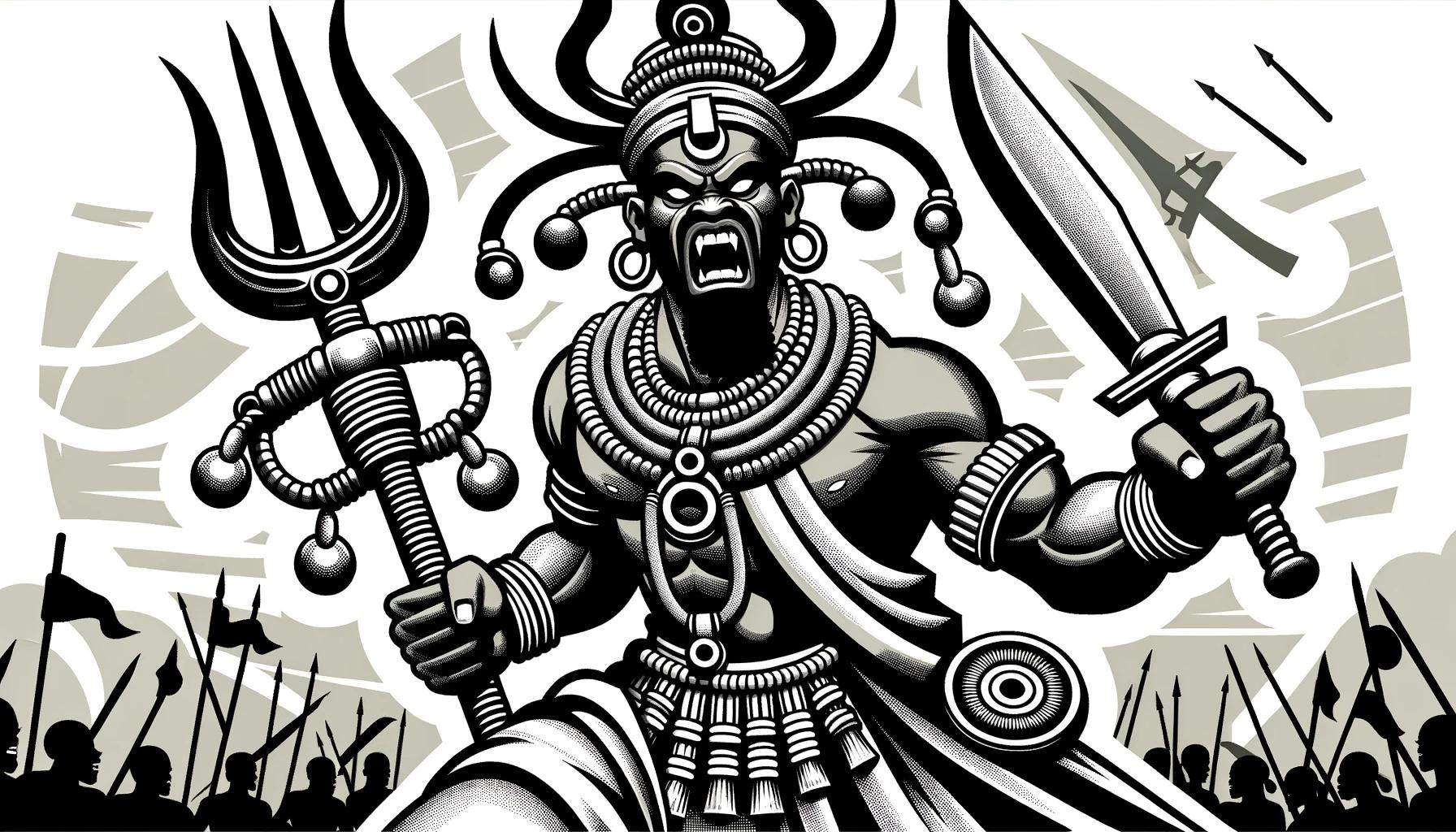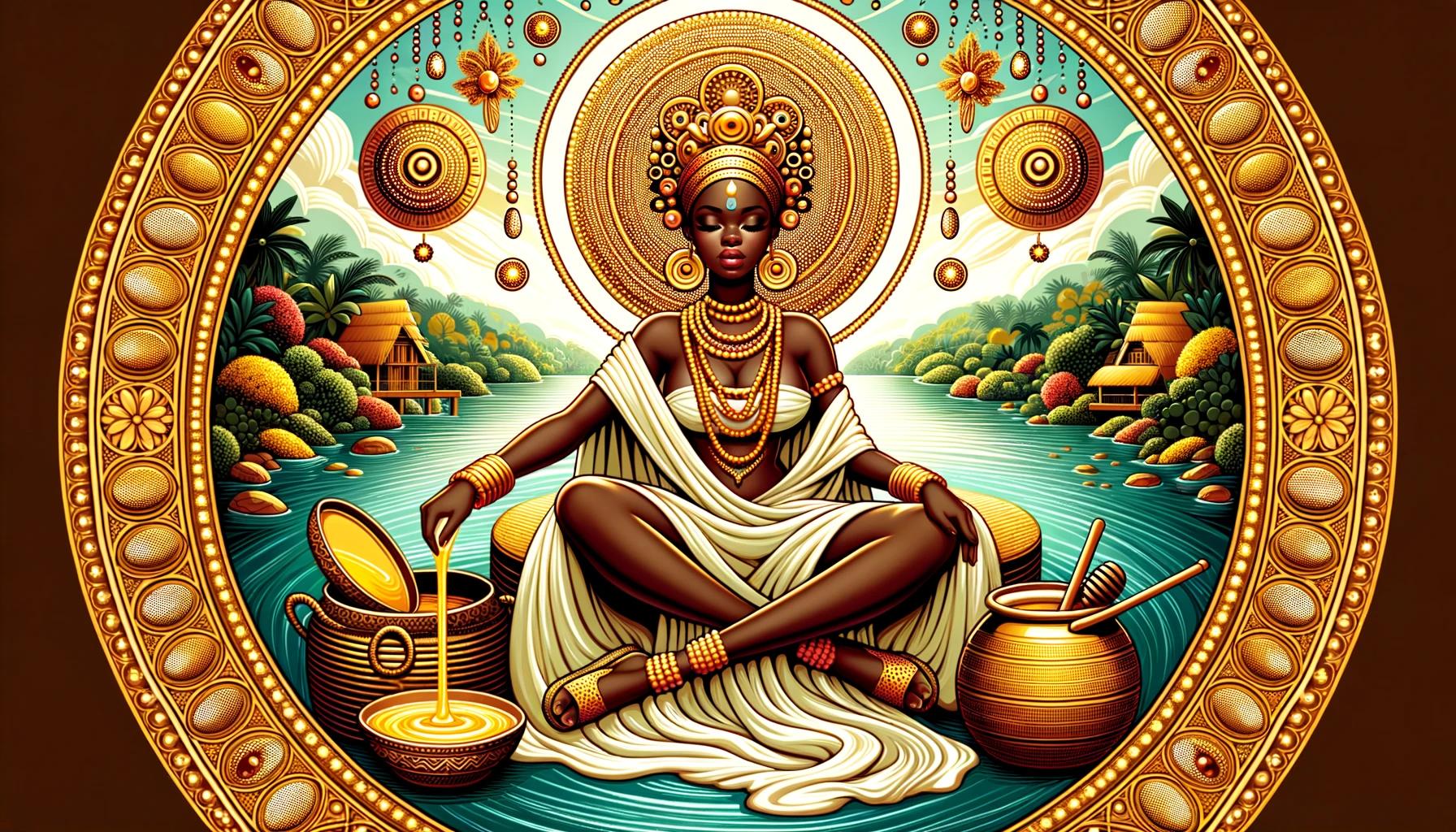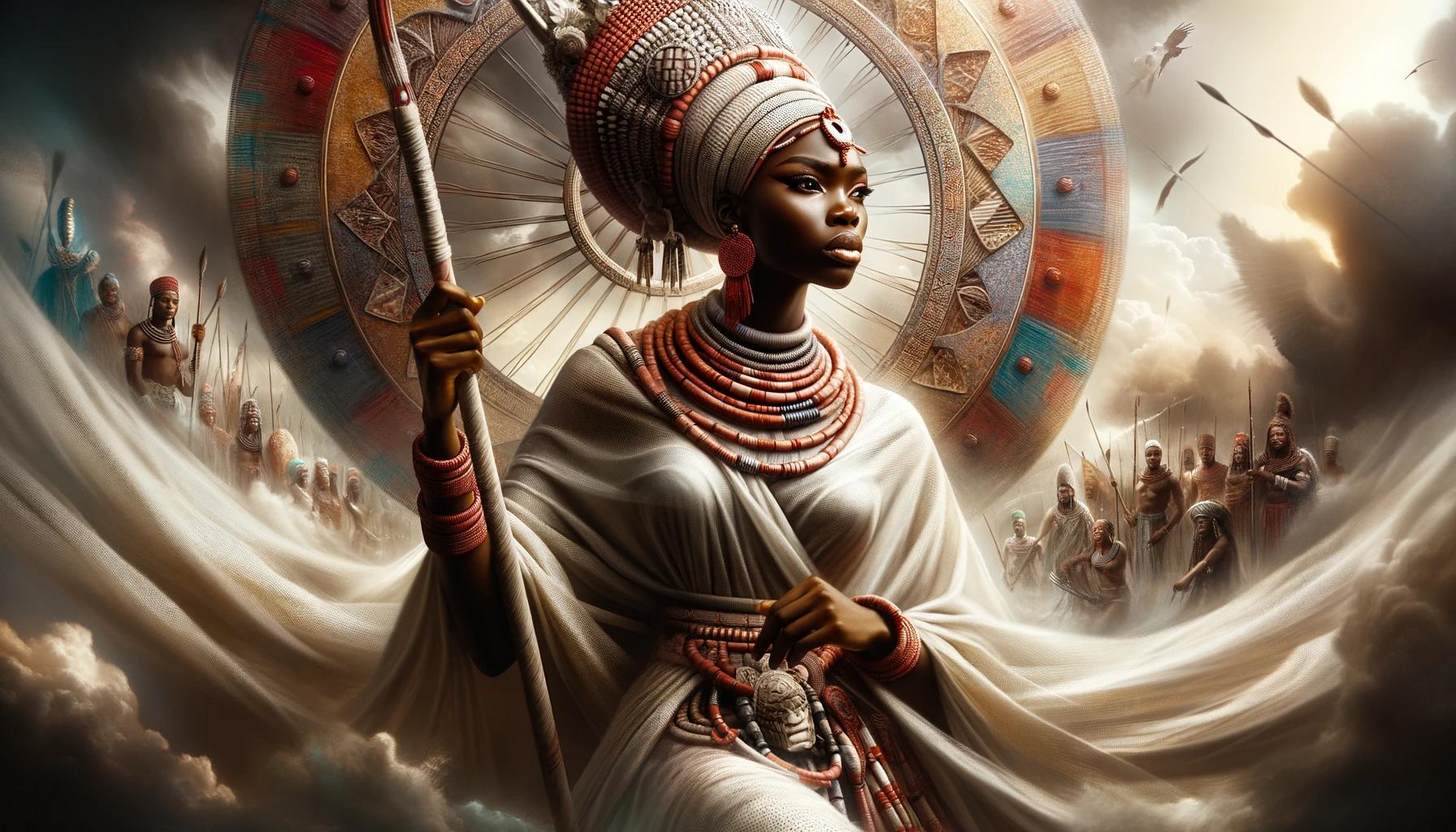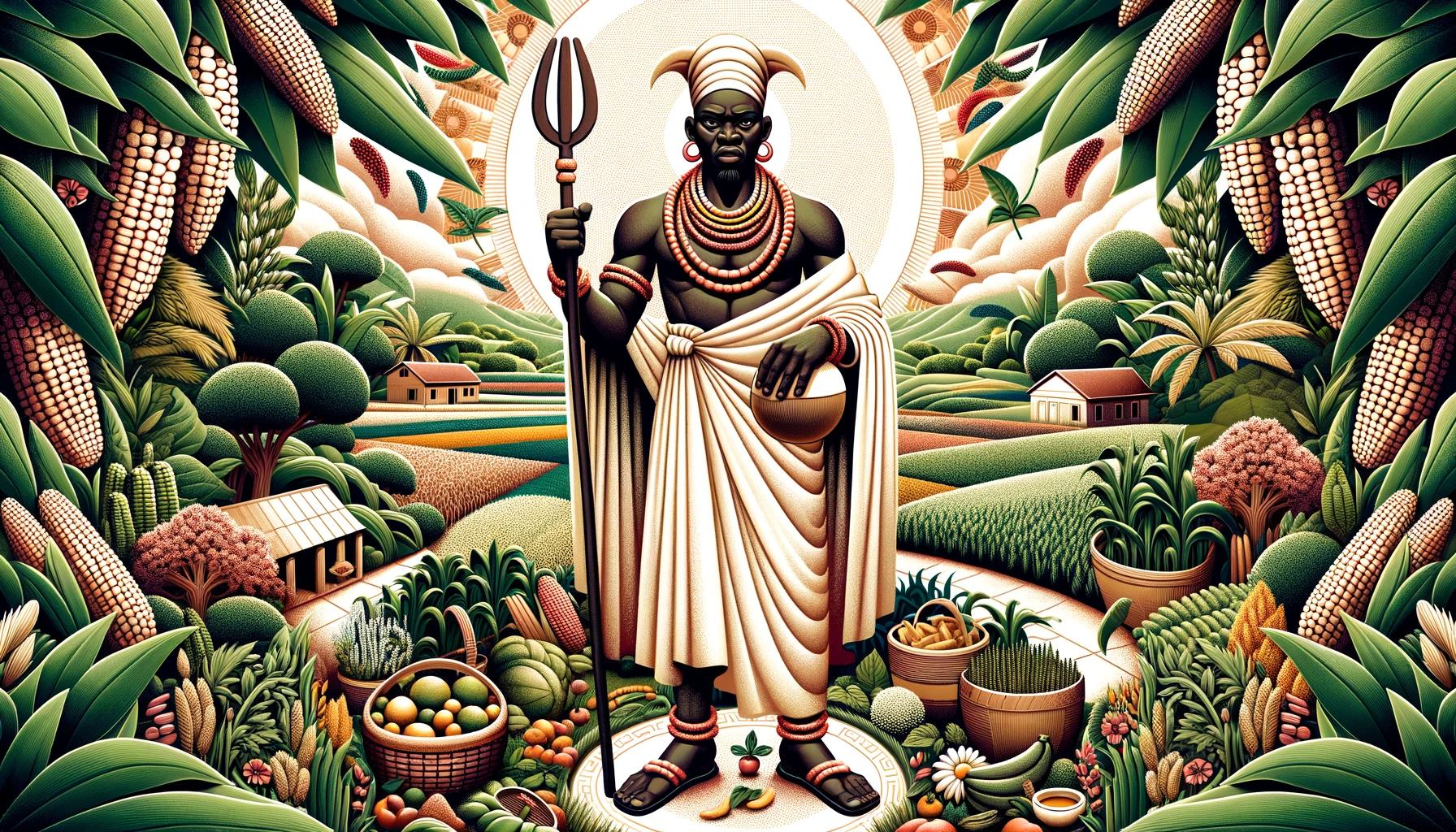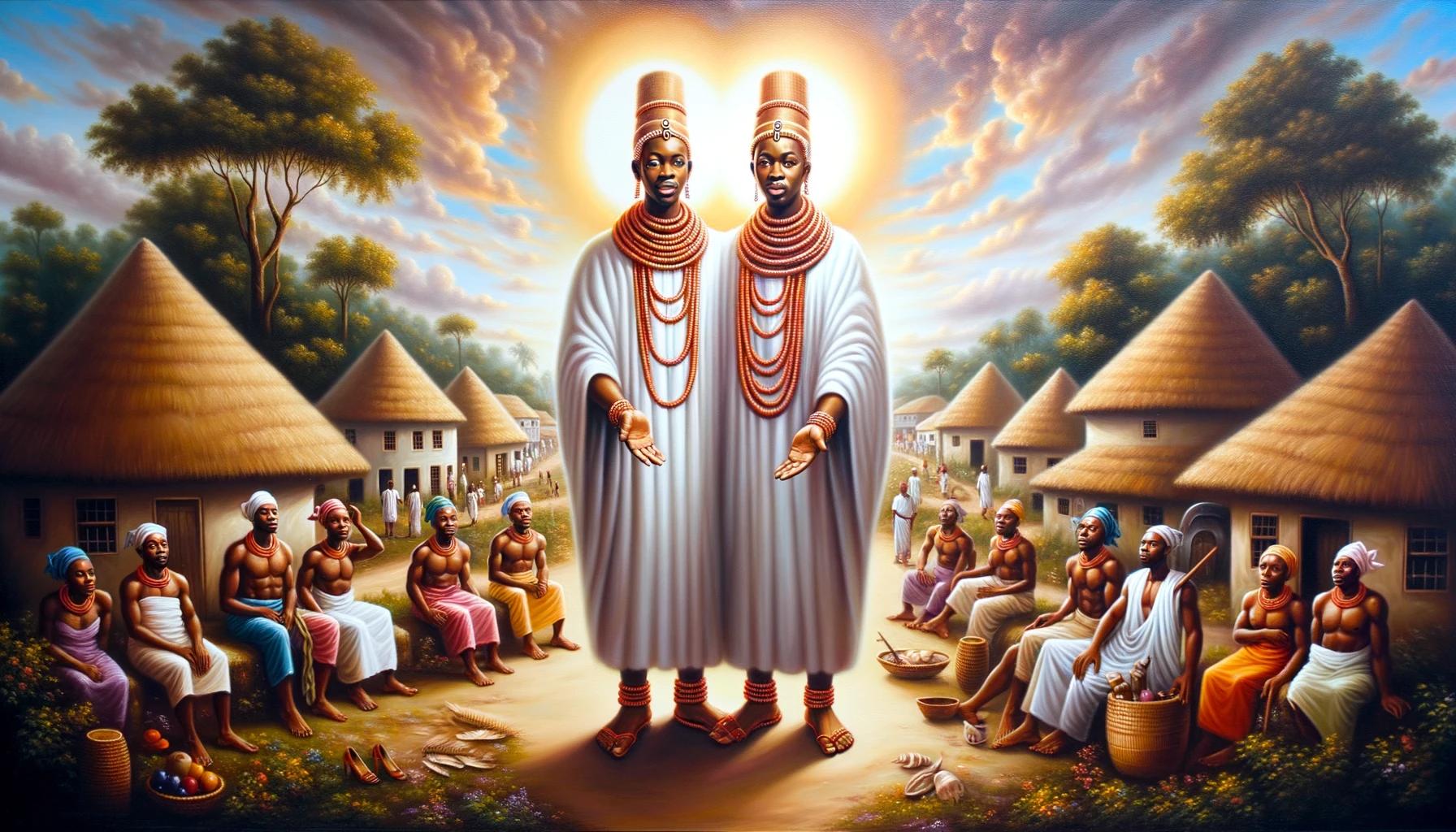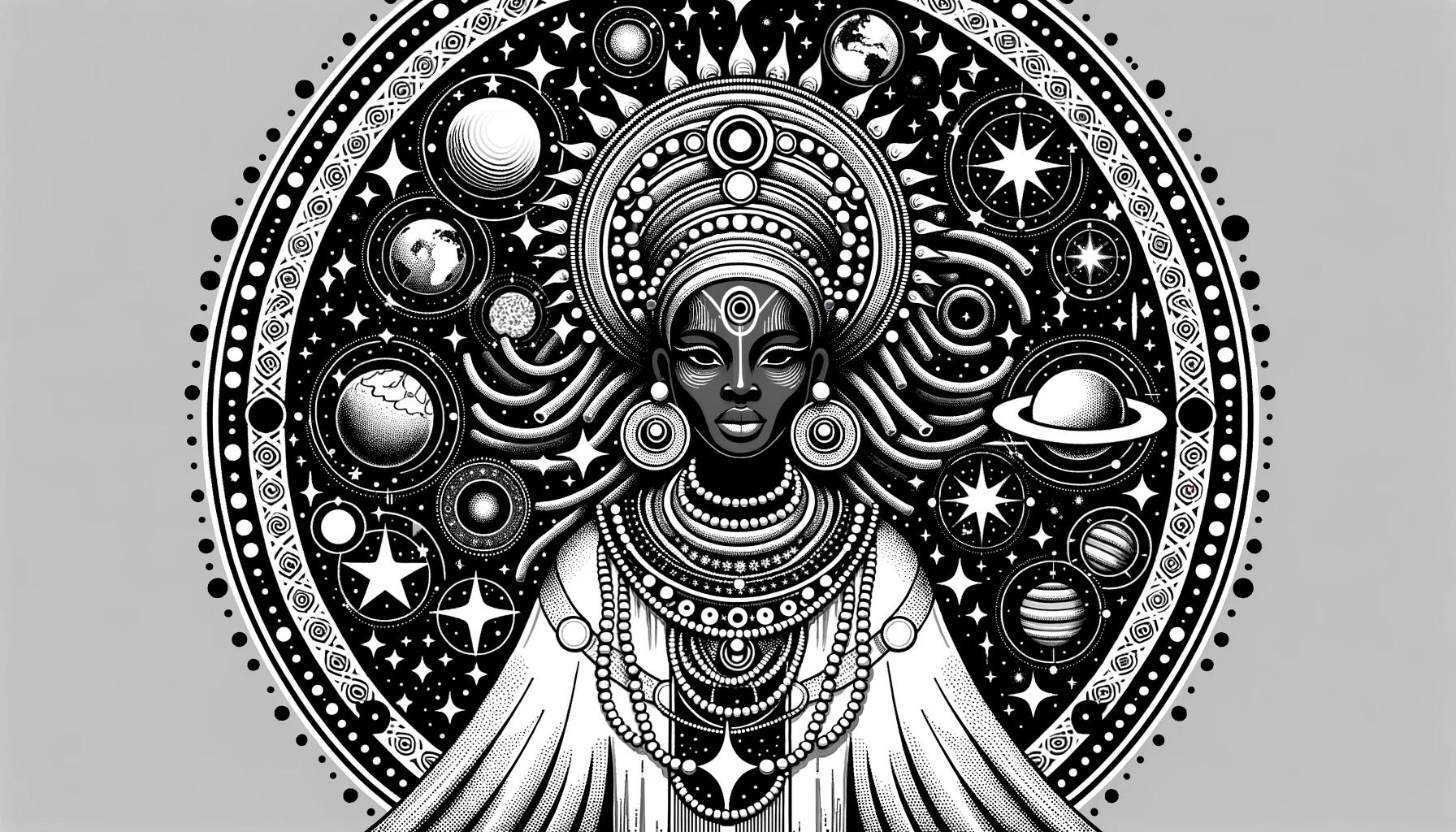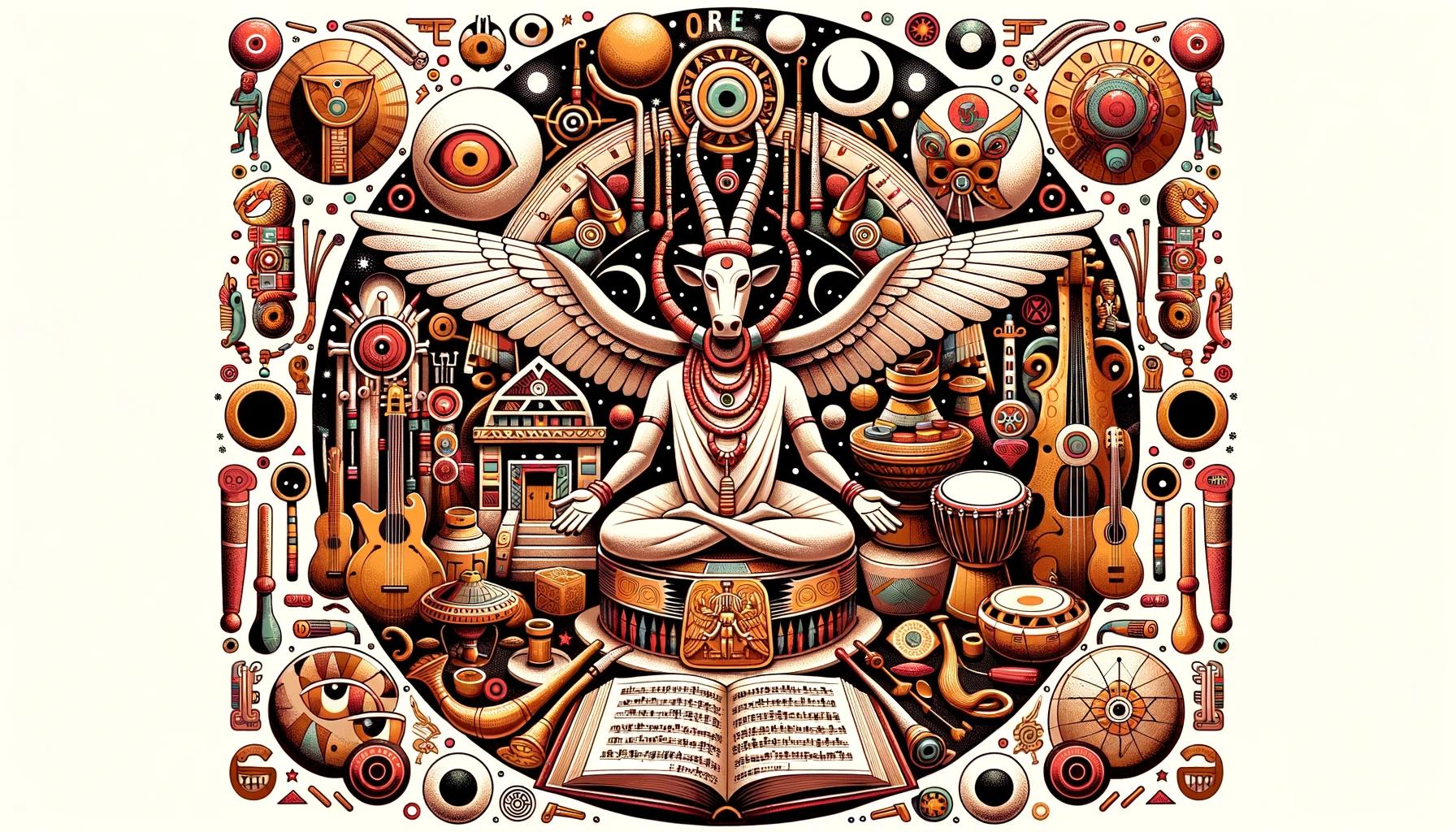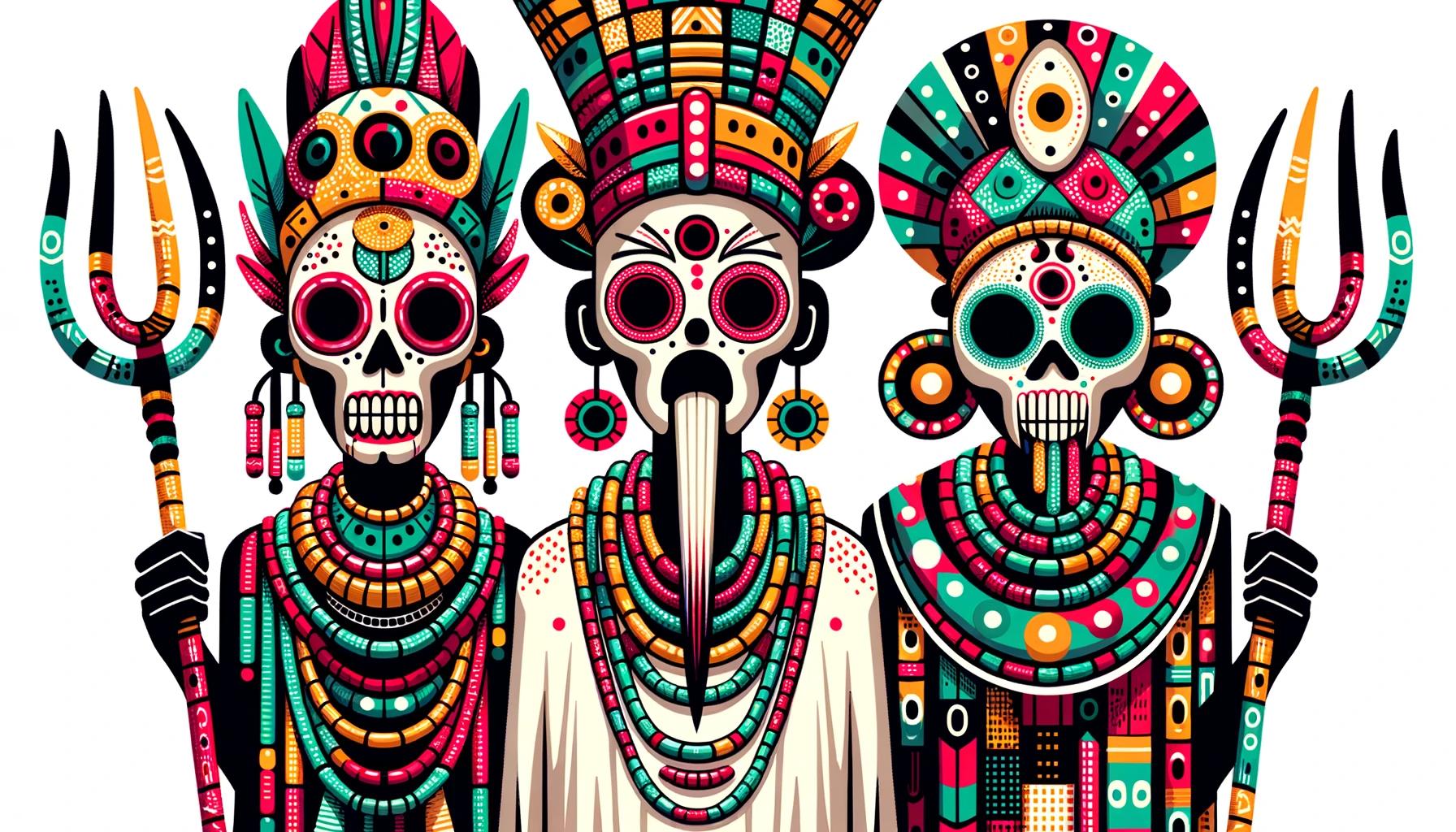Dada in Yoruba: Unveiling the Cultural Significance of Enlocked Hair
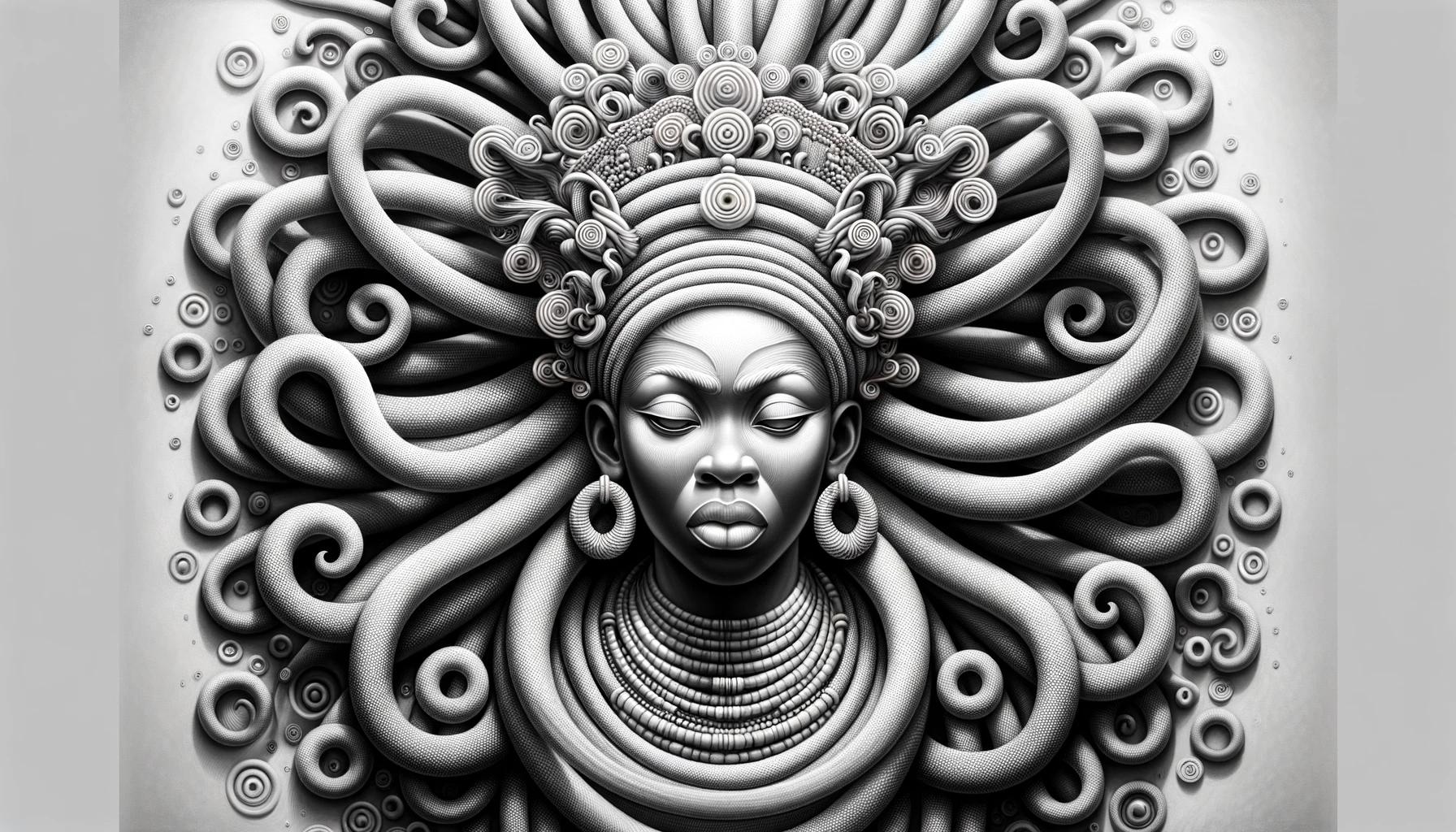
Dada in Yoruba explores the cultural significance of enlocked hair in Nigeria. In Yoruba mythology, dreadlocks symbolize spirituality and divine connection. Children born with dada hair are revered and celebrated, while adults with dreadlocks face discrimination and negative stereotypes.
However, there is a gradual shift in perception, influenced by Nigerian musicians and athletes who proudly wear dreadlocks. This article examines the traditions, prejudices, and changing attitudes towards dada in Yoruba culture, aiming to promote acceptance and challenge cultural biases.
The Significance of Dada in Yoruba Mythology
The cultural significance of dada in Yoruba mythology holds deep roots within Nigerian society. This section explores the symbolism of enlocked hair, the beliefs surrounding dada children, and the festivals and ceremonies dedicated to honoring them.
The Symbolism of Enlocked Hair
In Yoruba culture, enlocked hair carries profound symbolic meaning. Dreadlocks, or dada, are regarded as an outward manifestation of spirituality and a connection to the divine realm. They represent a bridge between the mortal and the spiritual, symbolizing a unique form of communication with the gods.
Beliefs about Dada Children in Yoruba Culture
Within Yoruba culture, children born with dada hair are seen as special beings with a direct lineage to the gods. Their enlocked hair is considered a divine gift and a symbol of wealth.
These children are revered and welcomed, with festivals and ceremonies held in their honor to celebrate their spiritual connection.
Festivals and Ceremonies Honoring Dada Children
The Yoruba community embraces dada children through various festivals and ceremonies. These events serve to recognize the spiritual significance of their enlocked hair and to reinforce their place within the community.
Festivals involve music, dance, and traditional rituals that are passed down through generations, ensuring the continuity of these cultural celebrations.
Discrimination and Prejudice towards Adults with Dreadlocks
Dreadlocked adults in Nigerian society face significant discrimination and prejudice due to cultural biases and negative perceptions associated with their appearance. This section delves into the various aspects of this discrimination, including the negative stereotypes attached to dreadlocks, exclusion and violence experienced by adults with enlocked hair, and the limited acceptance granted to famous individuals who sport dreadlocks.
Negative Perceptions and Stereotypes
Adults with dreadlocks are often perceived as volatile and dangerous individuals, primarily due to the association of enlocked hair with being wild and rebellious. These negative perceptions stem from traditional beliefs and cultural norms that emphasize order and conformity.
The unkempt appearance of dreadlocks is seen as a direct defiance of societal expectations of neatness and proper grooming.
Exclusion and Violence towards Adults with Dreadlocks
As a consequence of the negative stereotypes surrounding dreadlocks, individuals with enlocked hair often face exclusion and are marginalized in various social settings. They may be shunned or actively avoided due to the perceived threat they represent.
In some cases, adults with dreadlocks even become targets of violence, reflecting the deep-rooted prejudice and intolerance present in Nigerian society.
Limited Acceptance for Famous Figures
Despite the general disdain towards adults with dreadlocks, a limited level of acceptance does exist for well-known musicians and athletes who sport enlocked hair. Their achievement and fame afford them a certain level of tolerance, as their success overshadowes societal prejudices to some extent.
However, this acceptance remains conditional and is mostly reserved for those who have attained a certain level of prominence and recognition.
Changing Perceptions and Embracing Diversity
Changing societal perceptions regarding dreadlocks in Nigeria are gradually taking place, as individuals and famous personalities challenge cultural biases and promote acceptance and diversity.
Influence of Nigerian Musicians and Athletes
Nigerian musicians and athletes have played a significant role in reshaping the perception of dreadlocks in the country. Through their success and influence, they have helped to break the negative stereotypes associated with enlocked hair.
These prominent figures, with their unique sense of style, have served as positive examples for embracing diversity and individuality.
Shifting Attitudes towards Dreadlocks in Popular Culture
Popular culture in Nigeria has witnessed a shift in attitudes towards dreadlocks. With increased exposure to international trends and global influences, more people are embracing the beauty and uniqueness of enlocked hair.
The younger generation, in particular, has been instrumental in challenging traditional biases and redefining societal norms surrounding hairstyles.
Promoting Acceptance and Challenging Cultural Biases
Efforts are being made to encourage acceptance and challenge cultural biases surrounding dreadlocks in Nigerian society. Initiatives focusing on education and awareness aim to promote a more inclusive and understanding environment.
By fostering a sense of appreciation for cultural diversity, it becomes possible to overcome discrimination and prejudice towards individuals with enlocked hair.
.

